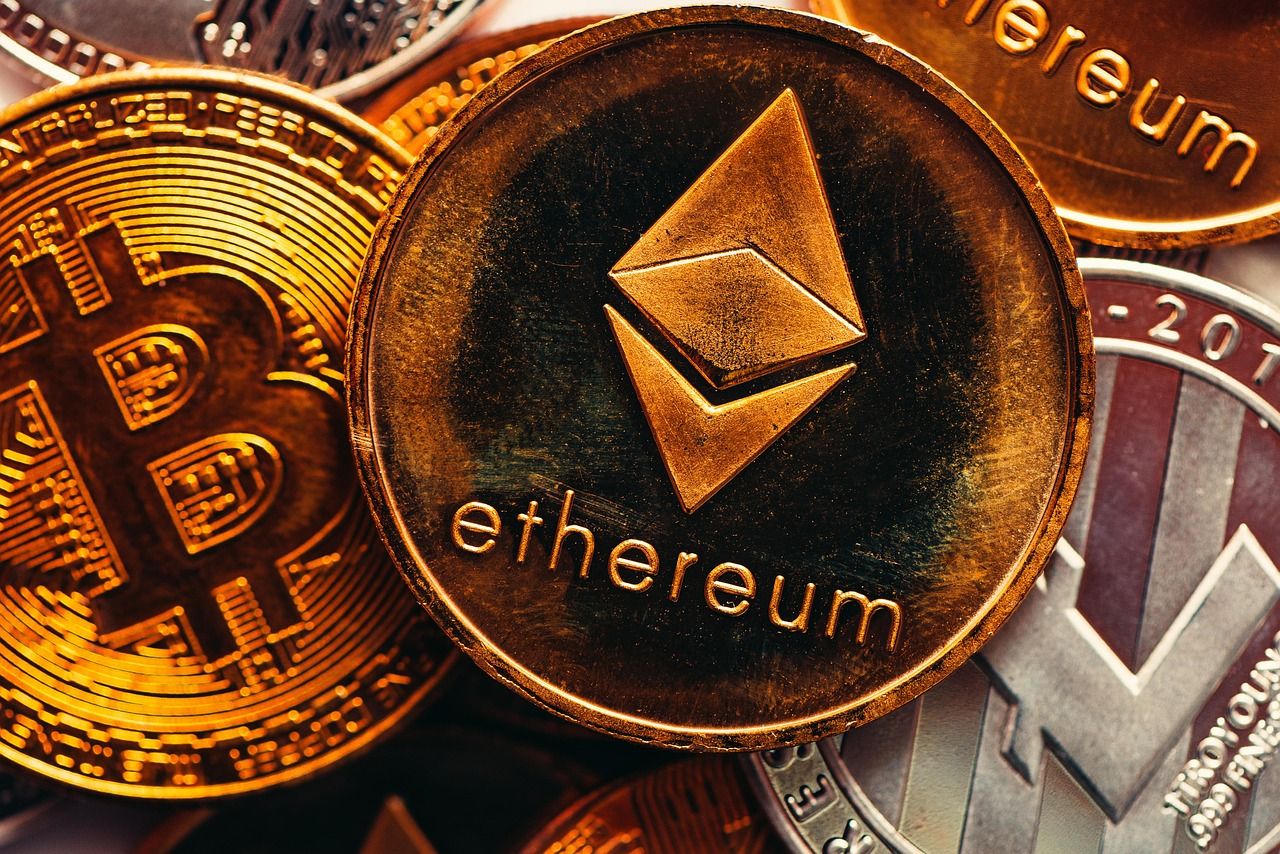Home Investing in Cryptocurrency Ethereum Price, Data and Guides
Ethereum (eth)
$
1,999
Real-time Data •
Don’t invest unless you’re prepared to lose all the money you invest. This is a high-risk investment and you should not expect to be protected if something goes wrong. Take 2 mins to learn more at https://etoro.tw/44JRWLY
1 hr
-$37.45
(-1.81%)
24 hr
-$132.32
(-6.11%)
7 Days
-$842.68
(-29.30%)
Trading volume:
$
56.26B
Trading volume rank:
2
Current market cap:
$
250.51B
Market rank:
2
Don’t invest unless you’re prepared to lose all the money you invest. This is a high-risk investment and you should not expect to be protected if something goes wrong. Take 2 mins to learn more at https://etoro.tw/44JRWLY
What is Ethereum (ETH)?
Ethereum is a decentralized blockchain platform that enables smart contracts and decentralized applications to run without downtime or third-party interference.
Its native cryptocurrency, ETH, is used for transactions, staking, and powering the network’s computational processes.
Positive sentiment
Ethereum price Statistics
| Ethereum Price | $1,999 |
| Price Change 24h | -$132.32 |
| 24h Low / 24h High | $2,046 / $2,186 |
| Trading Volume 24h | $54.73B |
| Volume / Market Cap | 0.2217 |
| Market Dominance | 10.05% |
| Market Rank | #2 |
| Market Cap | $246.88B |
| Fully Diluted Market Cap | $246.88B |
| Yesterday`s Low / High | $2,046 / $2,186 |
| Yesterday`s Open / Close | $4,946 / $0.43298 |
| Yesterday`s Change | -$132.32 (-6.11%) |
| Yesterday`s Volume | $47.57B |
| Price Change 14d | -$908.82 (-30.89%) |
| Price Change 30d | -$1,242 (-37.92%) |
| Price Change Year | -$785.82 (-27.87%) |
| All Time High | $4,946 |
| Ethereum ROI | — |
| Circulating Supply | 120.69M |
| Total Supply | 120.69M |
| Max Supply | — |
Read more on Ethereum
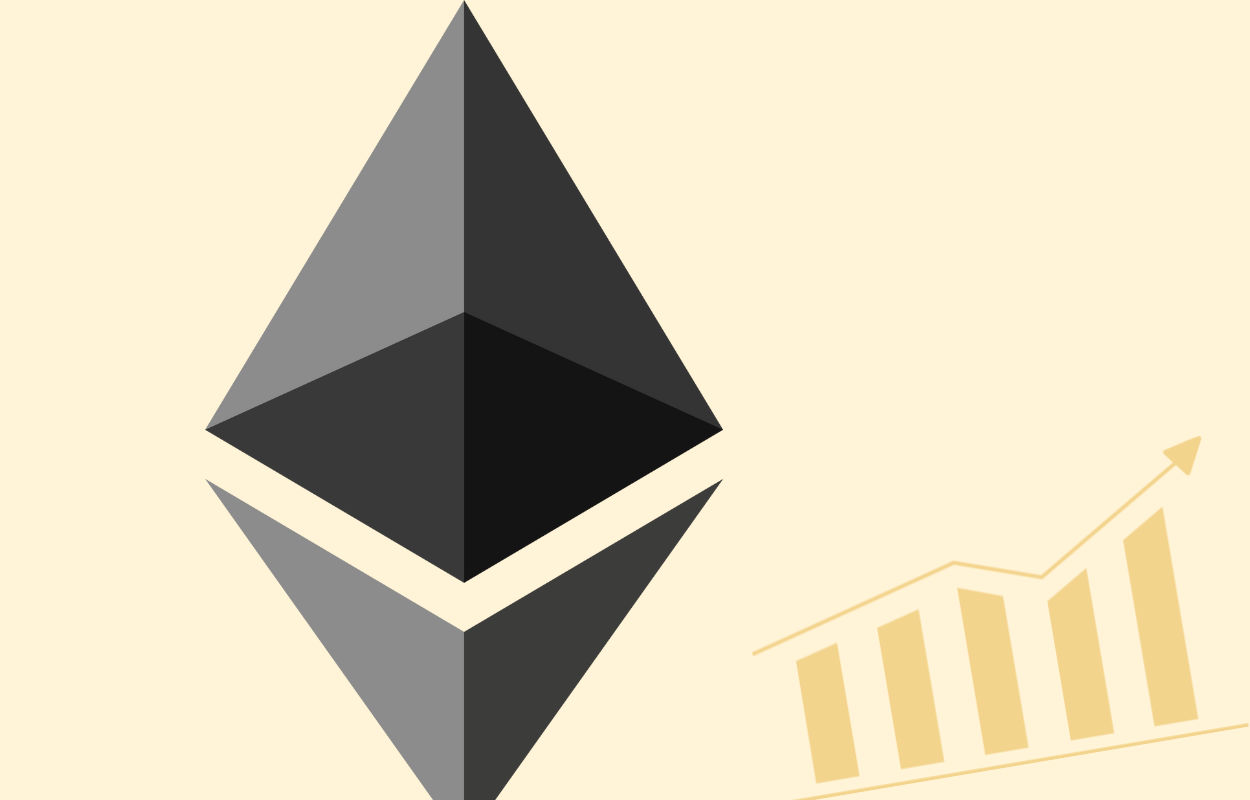
Ethereum Price Prediction
Stephen Ngari
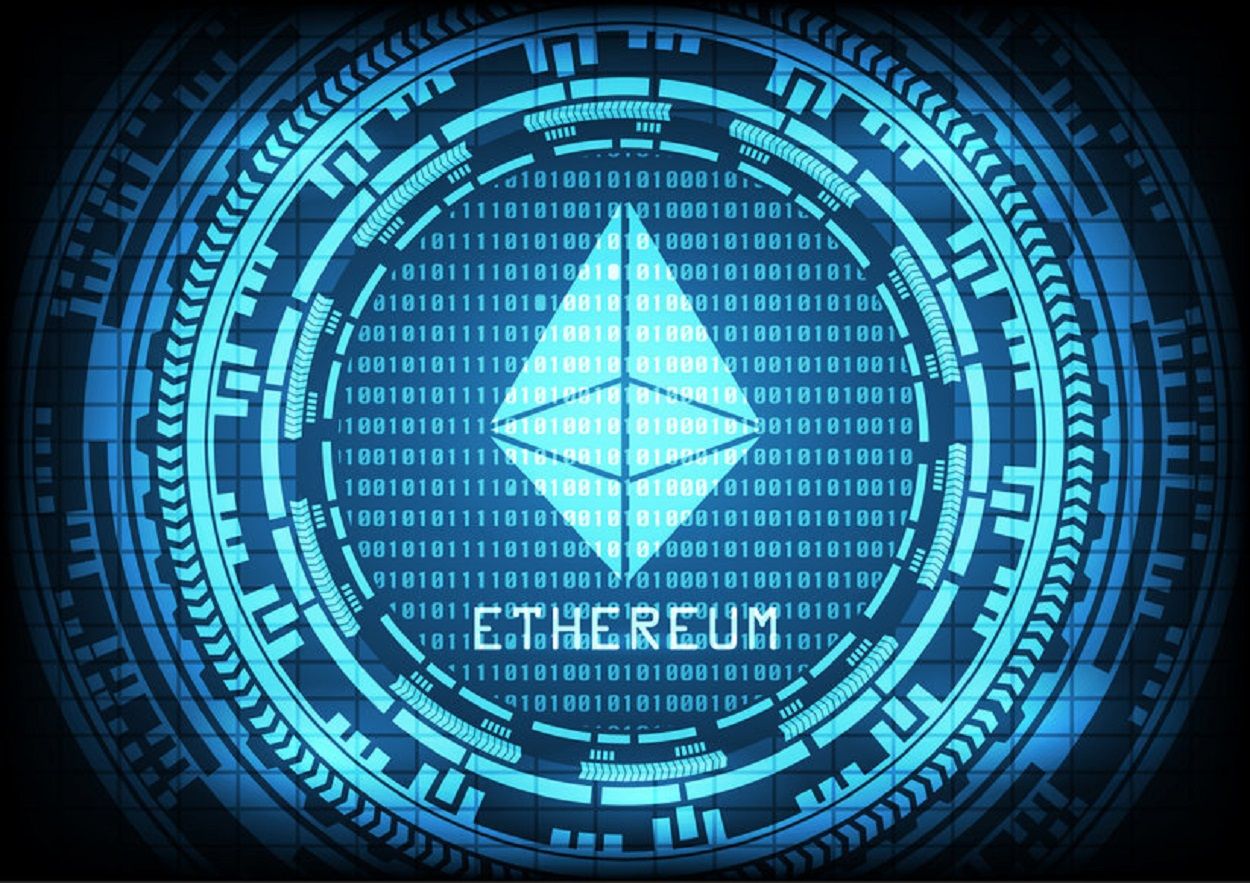
How and Where to Buy Ethereum
Ruby Layram
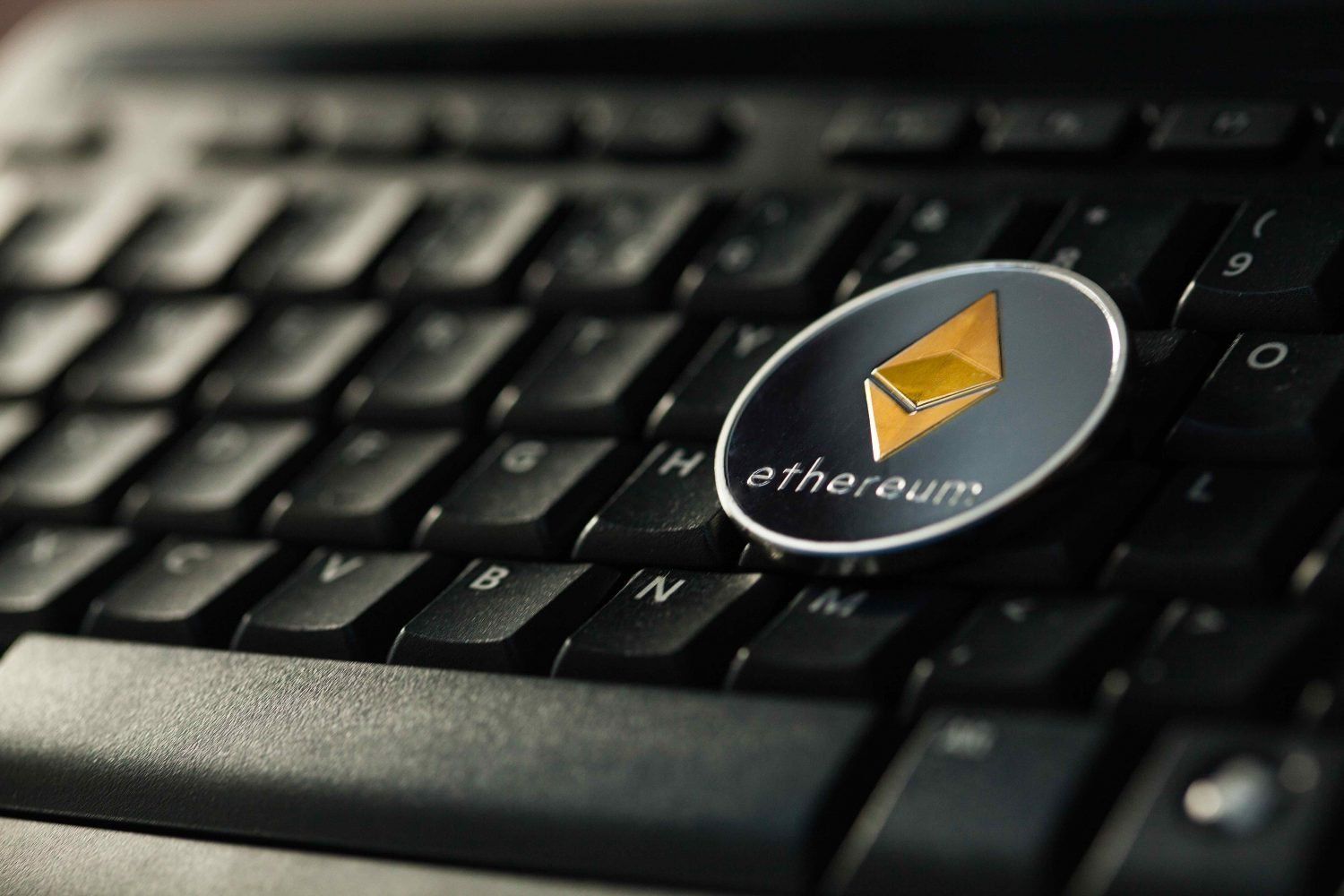
5 Best Ethereum Exchanges to Use
Amala Pillai
Buy Ethereum With PayPal
Amala Pillai
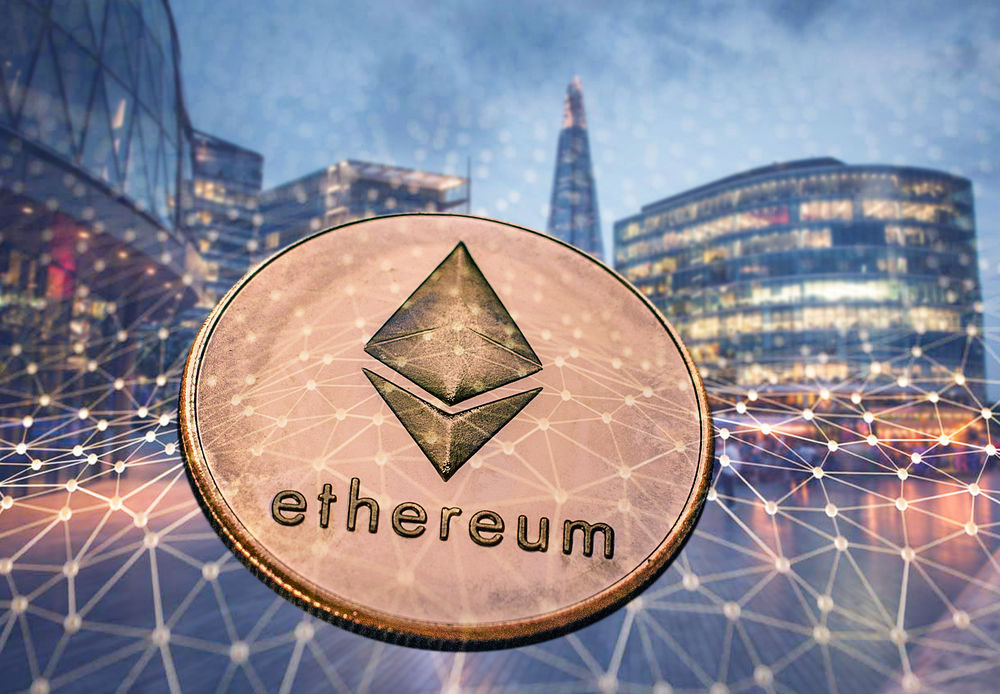
How to Trade Ethereum
Danny Maiorca

10 Best Ethereum Brokers
Nellius Mukuhi
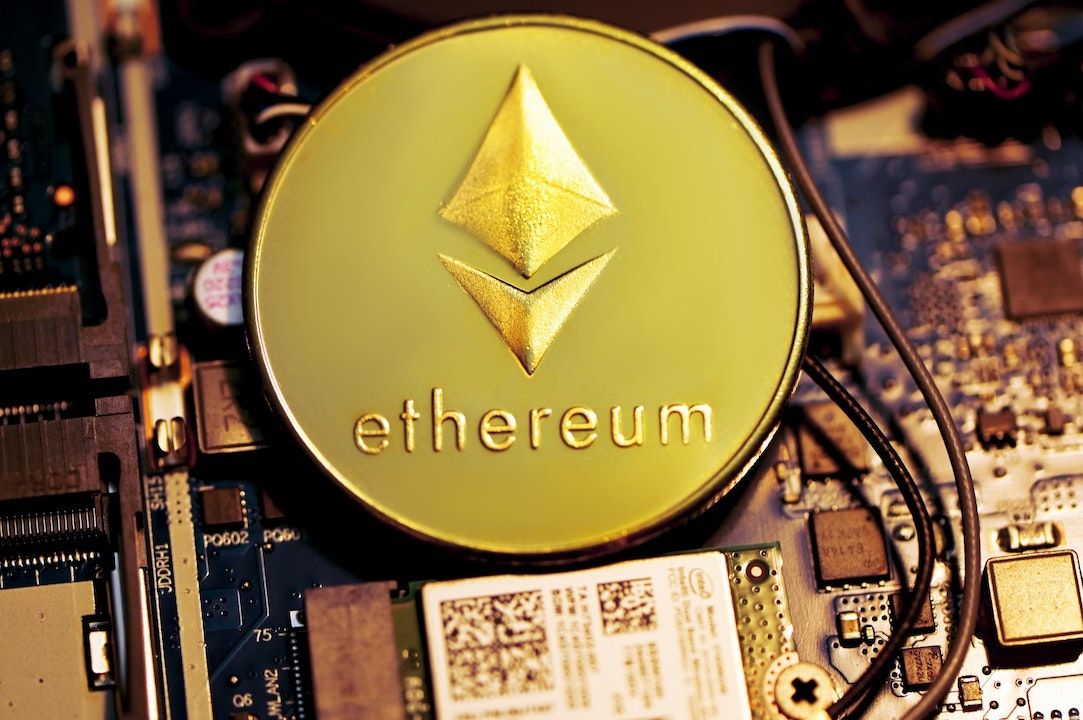
Unexpected Ethereum Statistics Relevant After the Merge
Darko Jacimovic
How to Buy Ethereum With Credit Card
Khashayar Abbasi
How to Buy Ethereum Without ID?
Dominikas Pupkevicius

Ethereum Price Prediction
Stephen Ngari

How and Where to Buy Ethereum
Ruby Layram

5 Best Ethereum Exchanges to Use
Amala Pillai
Buy Ethereum With PayPal
Amala Pillai

How to Trade Ethereum
Danny Maiorca

10 Best Ethereum Brokers
Nellius Mukuhi

Unexpected Ethereum Statistics Relevant After the Merge
Darko Jacimovic
How to Buy Ethereum With Credit Card
Khashayar Abbasi
How to Buy Ethereum Without ID?
Dominikas Pupkevicius
Latest Ethereum news
Here’s Why the Crypto Crash Will Continue for a While
Crispus Nyaga
